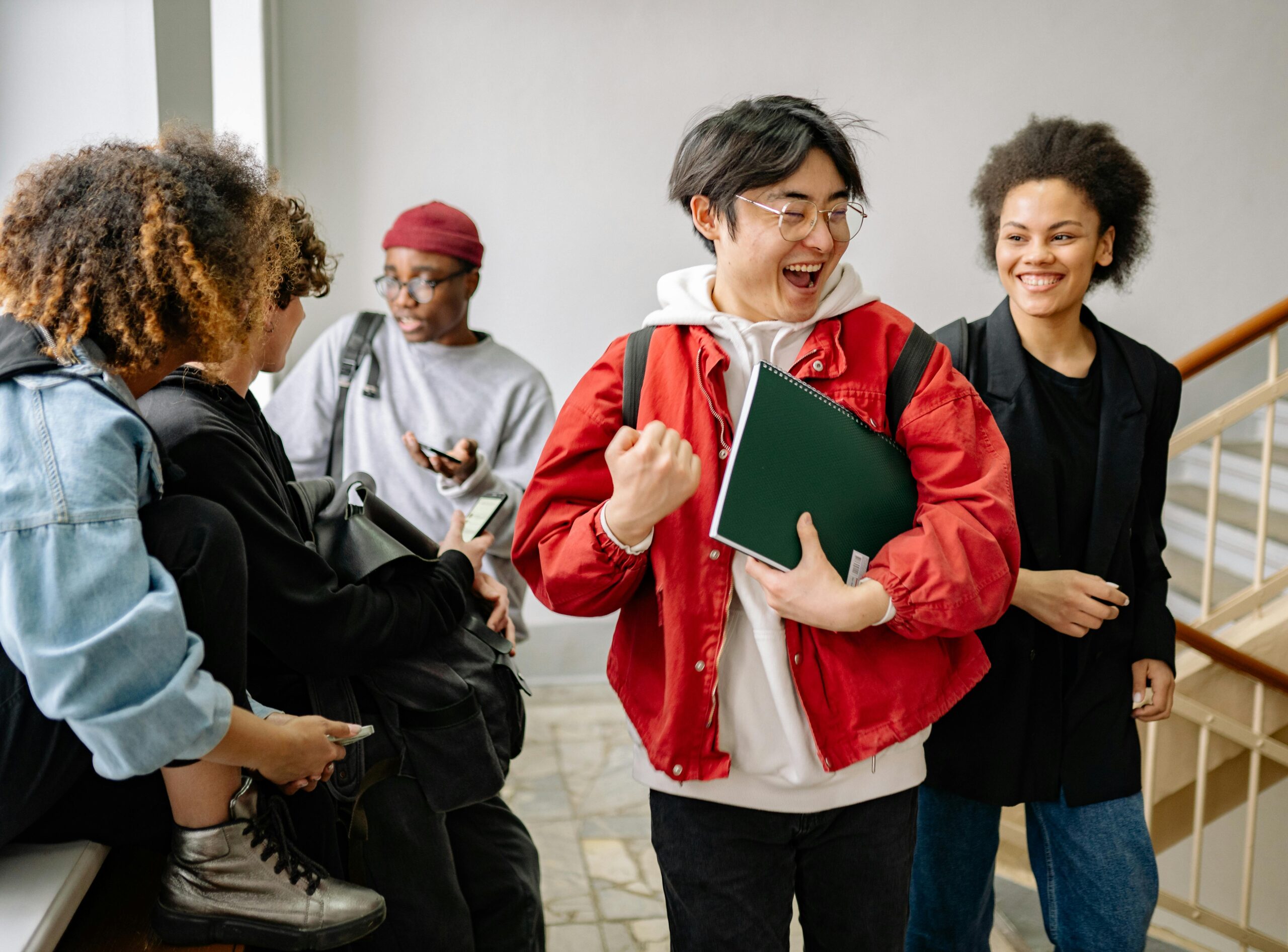
What Is Our Purpose as Educators?
By Tim Elmore
During a Q&A session with an audience of 700 secondary educators, one math teacher raised his hand. His question for me was revealing: “What should I say,” he inquired, “if students ask me if they will ever use this stuff after graduation?”
This was an AP math instructor with gifted students. Yet his question revealed that he had no good answer for teens who wonder if the subject is relevant to their lives and careers.
This begs a question for all of us.
If you were asked the same question, what would you say? How many relevant issues do you cover that they’ll use in their career or personal life—life skills that will benefit them tangibly as an adult in the 21st century? In other words, are your lessons timely? What’s more, are your lessons timeless? Do you pass along any virtues and values they’ll need in life regardless of the time? Could your students identify those values or skills?
Forgetting Our Why
It’s no secret educators are weary, feeling burned out, and often unappreciated. Many have forgotten their why. Contemporary culture nudges us like zombies to race to the bottom line, which is usually about academics. In school, it’s about raising the kids’ GPAs and SAT scores. However, when we step back and observe ourselves, is that really cultivating what we want and need in our graduates? Young people, who know how to memorize and take a test but are unready to contribute to a troubled world? As Jeremy Tate reminds us, the goal of education in each century has remained constant until now. Note the goals each era stated for the development of young people:
- In 753 BC, it was the cultivation of virtue.
- In 33 AD, it was the cultivation of virtue.
- In 313 AD, it was the cultivation of virtue.
- In 800 AD, it was the cultivation of virtue.
- In 1517, it was the cultivation of virtue.
- In 1865, it was the cultivation of virtue.
- But today, it is college and career readiness.
What Should Be Our Purpose?
May I suggest two outcomes we should target in our day? Both involve soft skills more than hard skills or technical skills.
First, I’m convinced we must return to the cultivation of virtue. We’ve seen what can happen to a society where expediency rules the day. We become self-centered and look out for number one, doing whatever it takes to get what we want. This has led to cynicism toward traditional institutions among Millennials and Gen Z. It leads to a society riddled with debt, divorce, distrust, and depression.
Thousands of years ago, most jobs were performed outside in the field of agriculture and required strong muscles to thrive. In the Industrial Age, jobs moved to factories and required strong machines to thrive. In the 20th century, we entered the Information Age, which required strong minds to thrive. Today—we’re at the forefront of the Intelligence Age, where all our devices are smart—including our phones, our cars, our homes, you name it. I believe the need of the hour is having strong morals to thrive. With an infinite capacity to use artificial intelligence, will we do the virtuous thing? Can we cultivate these morals in school?
The second outcome we must target is adaptability. Today, graduates must master adaptation, not memorization. Real intelligence is not how well they score on tests in high school or college. The real measure of intelligence is their ability to adapt to a rapidly evolving world while remaining virtuous, to hold fast to the timeless character traits I mentioned earlier, yet to adapt to change in their jobs, their communication, their technology, their routines, you name it. Adaptability, which inherently includes resourcefulness and resilience, is the crucial skill of our day. If our graduates can master it, they will be the leaders in whatever industry they choose.
I will never forget a story from Conyers, Georgia, many years ago. The Conyers High School boys’ basketball team enjoyed a stellar year. They continued to play well through the playoffs and eventually won the state championship. The coaches and student-athletes celebrated with gusto. That is, until a few weeks after the season, the coaches discovered that one of their players was academically ineligible. He only played for a few minutes in one of the games and was not a factor in their win. Yet he was not eligible to suit up and play.
When the coaches called a meeting with the players, they shared their discovery and asked what the team felt they should do. There was no hesitation in the locker room. The players confirmed they should give the trophy back. It didn’t belong to them. The parents had a little tougher time facing the truth, but everyone was proud of this team’s character. Their head coach reminded everyone that years from then, few would even remember who had won the championship that year, but no one would forget the display of virtue those teens demonstrated.
Let’s never forget the highest purpose of education.





